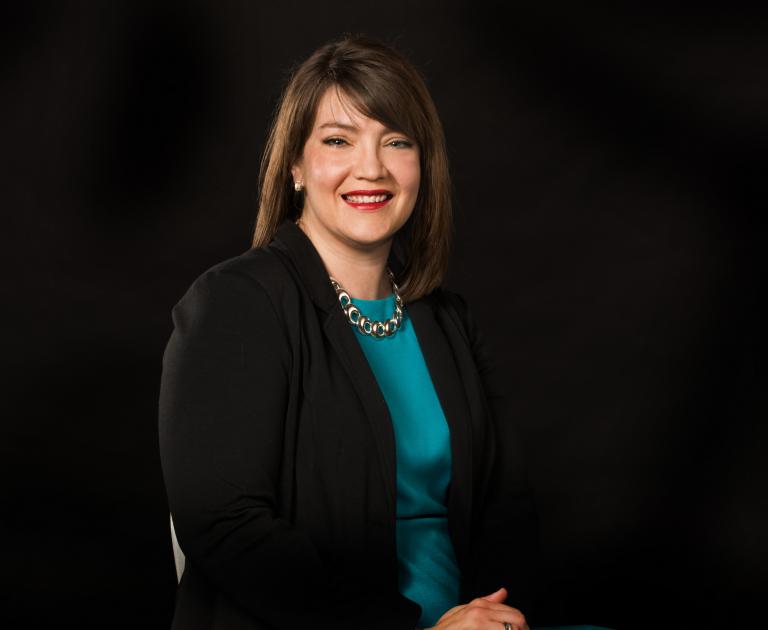
Music making in the home has long been a staple of the Western classical tradition. From the early Italian operas to Schubert’s evenings of music, where friends gathered, music was made – in celebration, in commemoration, in mourning. This was no different in nineteenth century America. Around the middle of the century, art music appeared as a viable compositional endeavor, particularly in the Northeast, and a new era in composition took form.
While amateurs and professionals alike continued to perform the traditional hymns and folk songs popular in the first half of the century, composers such as Arthur Foote, John Knowles Paine, Amy Marcy Cheney Beach and others began to incorporate the late Romantic musical tendencies of their Western European counterparts into their compositions.
University of Nebraska-Lincoln Glenn Korff School of Music’s Jamie Reimer and Nebraska Alum Richard Fountain will combine for “Songs From The Parlor”, a program on Thursday, February 2 at 7:30 p.m. in Kimball Recital Hall that celebrates the music born of that elegant era, where simplicity, formality and restraint were abandoned for the sake of passionate expression in music. The performance is free and open to the public.
Soprano Jamie Reimer, assistant professor of voice, has performed in opera, oratorio and recital venues around the United States, Italy, Germany, Brazil, and Australia. She has performed with Opera Omaha, Omaha Symphony Chamber Orchestra, Lincoln Symphony, Hastings Symphony, and the Northern Iowa Symphony Orchestra. She has also appeared in several musical theater roles, including Tessa (The Gondoliers), Rapunzel (Into the Woods), and Martha Jefferson (1776).
Dr. Richard Fountain is Associate Professor of Collaborative Piano at Wayland Baptist University and teaches applied piano and accompanying as well as collaborating with choral ensembles and student and faculty soloists. Fountain received his doctor of musical arts degree in piano performance from the University of Nebraska–Lincoln, studying with internationally celebrated pianist Paul Barnes. Dr. Fountain has recently developed an interest in early pianos, and remains an ardent student of historical performance practice on both period and modern instruments.